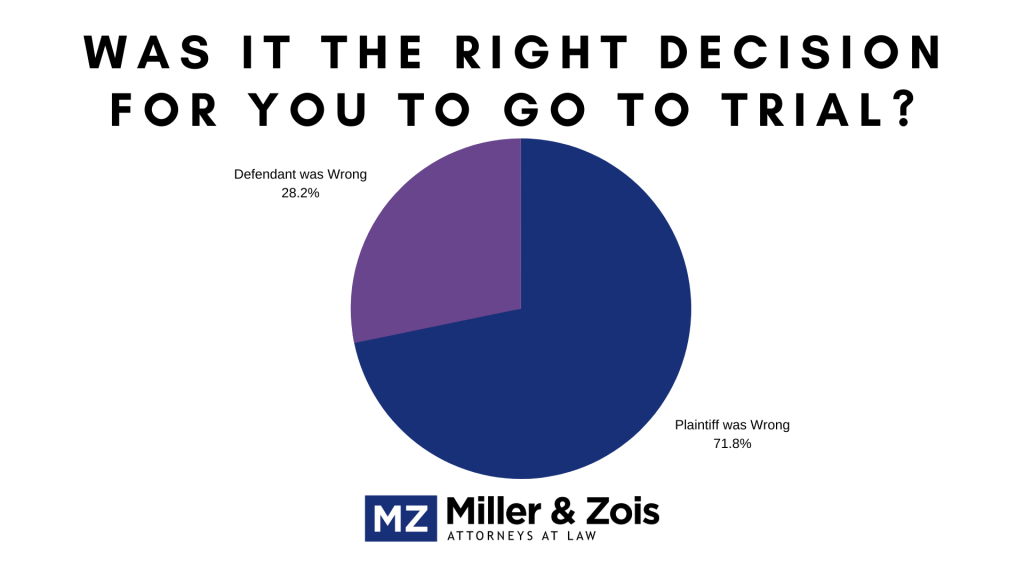Interesting data from Jury Verdict Research on the median and average values of wrongful death cases where the decedent is female. The overall average compensatory award for wrongful death of an adult female over the last eight years in the United States is $2,990,032 ($1,102,976 is the median).
Age is a big variable when looking at median and average female wrongful death values. The average wrongful death verdict for a female between 18 and 24 is 2,990,032 ($1,102,976 median). For females between 30 and 39, women who are far more likely to have left behind children, the median wrongful death verdict escalates to $5,605,127 ($2,500,000 median). For women over 80, the average wrongful death verdict plummets to $1,314,241 (322,920 median).
I always find it maddening when insurance companies discount the value of human life in wrongful death cases because of the age of the decedent. If you are eighty years old and you are killed, those last 10 years of seeing your kids as adults, your grandchildren coming of age and everything else that comes with it are valuable years. But these numbers, regrettably, show that there is some logic to their thinking for how juries value wrongful death cases.







